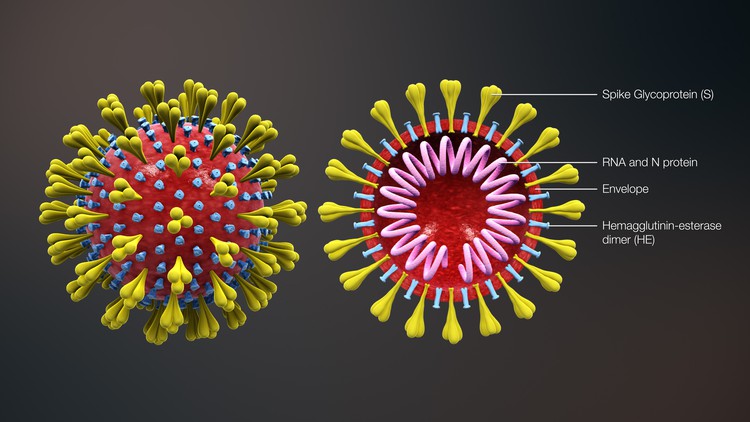
How a Cape Town Group is Helping Neighbourhoods Fight Covid-19
“No one is safe until we are all safe. The next few weeks are going to be critical — we will need to work together to reduce the spread of the virus,” explains the signup sheet of a new Covid-19 response initiative. The Cape Town Together Community Action Network is an initiative that has been […]

“No one is safe until we are all safe. The next few weeks are going to be critical — we will need to work together to reduce the spread of the virus,” explains the signup sheet of a new Covid-19 response initiative.

The Cape Town Together Community Action Network is an initiative that has been set up to help communities respond to Covid-19. Its purpose is to create a database that will help organise non-medical responses in different communities and areas.
Cape Town Together acts as a support system that will guide self-organising response communities. For example, once you sign up and fill in your neighbourhood details, Cape Town Together will assist you with getting into contact with others in your area.
These responses may include phoning people to ensure that they are still fine, organising “grocery clubs”, donating supplies, or setting up hand washing facilities. The responses also depend on how neighbourhoods choose to act.
Leanne Brady, a member of Cape Town Together, said on 20 March that over 450 have signed up to the initiative.
“The goal of Cape Town Together is to sprout a number of local neighbourhood initiatives. This local initiative or CAN (Community Action Network) will be organised at the neighbourhood level but also will be connected to the broader network,” said Brady.
Brady also said that the response has been “amazing”. Walmer Estate has organised “a neighbourhood mapping exercise to identify who needs help and who has resources to share”. This means that lower-risk people can organise to deliver groceries to elderly people in the neighbourhood.
“The Muizenberg Community Action Network is getting going by setting up hand-washing stations by the train station, and is looking at setting up a hand-sanitiser factory in a pottery studio,” said Brady.
“We are all in this together and need to share resources across the city. We will need to both act locally, and share lessons and resources with each other along the way,” said Brady.
Brady also explained that the Cape Town Together networks are mostly for non-medical needs and these initiatives will follow the guidance from the Department of Health.
Khayelitsha based activist group Social Justice Coalition has put together pamphlets in multiple languages with essential information on Covid-19. Plans are afoot to distribute these safely.
The Cape Town Together sign-up document can be accessed here.
GROUNDVIEW: We must act now
On Monday, the Minister of Health announced that South Africa now has 402 cases, up 128 from Sunday. Before we have an unmanageable situation, we have to take action urgently. On Sunday in Cape Town, many people were on the beach, at restaurants or standing in tightly packed queues for ice cream. While many South Africans have realised the seriousness of the situation, not enough of us have.
It is vital that when the president addresses the country tonight, even tighter measures are taken to reduce the spread of the virus. The math is simple: the fewer social contacts everyone has for the next several weeks, the fewer infections there will be. Everyone needs to do their share by staying at home and only going out if they have an essential job, to go to hospital, to get tested for Covid-19, or to buy absolutely essential goods.
